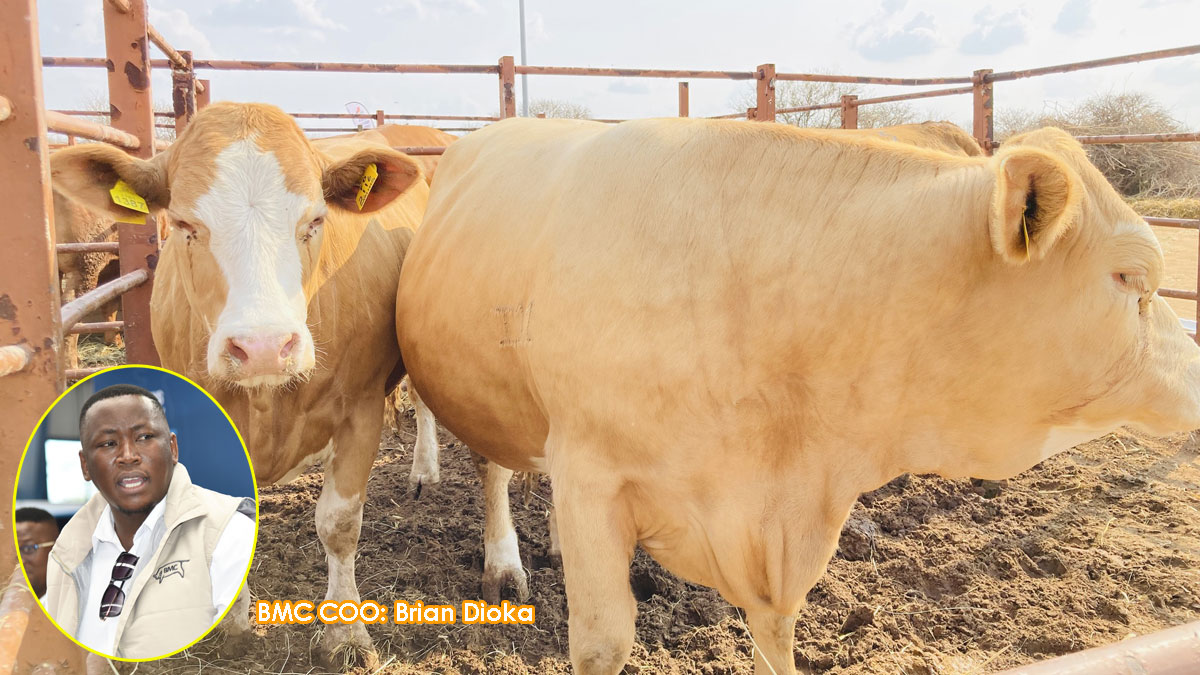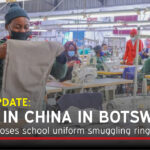The Botswana Meat Commission was granted authorisation to export Botswana beef to the UAE market last week by the UAE Ministry of Climate Change and Environment.
This follows a series of thorough examinations and assessments of the BMC’s adherence to quality standards conducted by the National Independent Halal Trust (NIHT) from the UAE between December 2022 and February 2023.
On March 19, 2023, BMC received approval to begin exporting beef to the United Arab Emirates. After the EU, UAE will be Botswana’s second-largest beef exporter.
Botswana Meat Commission Chief Operations Officer, Brian Dioka stated in a telephone interview that they are pleased with this accomplishment since it will give Batswana producers access to one of the highest paying markets for beef in the Middle East.
“This is a great accomplishment for us and for the farmers out there as they would now have an alternative market to sell their produce, if one is denied to sell their items at EU it means he/she has an alternative buyer,” said Dioka.
He added that thanks to the success of this initiative, farmers would only be able to receive a fair price for their livestock if they provide the UAE with the precise amount of meat it requires.
When asked about the selling price for farmers, The COO avoided directly a direct answer choosing rather to say hat it was too early to talk about selling prices because the market was still developing.
“In our line of work, when entering a new market, we first promote the product. In this case, we must first travel to the UAE to show them our meat so they can taste it and assign it a value after which we can determine the selling price for our farmers. We are still in the Market Development phase, which can take some time to complete, to answer your question,” Dioka said.
Meanwhile it is worth noting that farmers have a history of complaining that the meat company sends out its payments late, but Dioka explained that because they use the sea to export their products, products take time to reach a final destination, typically a month, which accounts for the delay in payments to their customers.
“When we receive payment, we must first pay our creditors, who are responsible for our transportation, employee salaries, and other essential operating costs—not to minimise the significance of our farmers. Yet, as soon as we export the appropriate volume, this problem will vanish”, claimed Dioka.
He concluded by saying that all livestock from the green zone would be available for sale, with the exception of those from the Maun district, which is in the red zone. But he went on to declare that their immediate objective is for the Maun zone to become eligible for commerce as well, which he said will happen by the end of this year.















